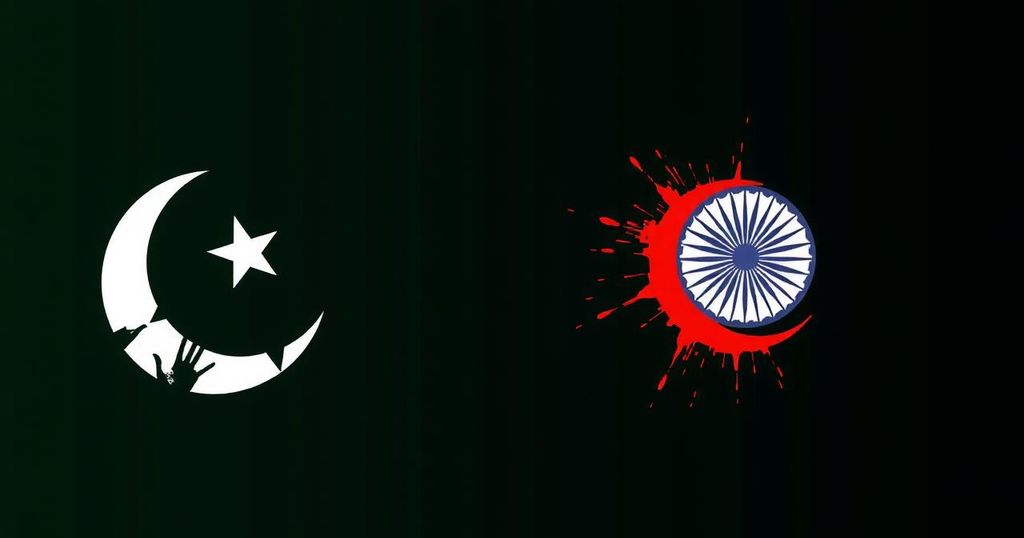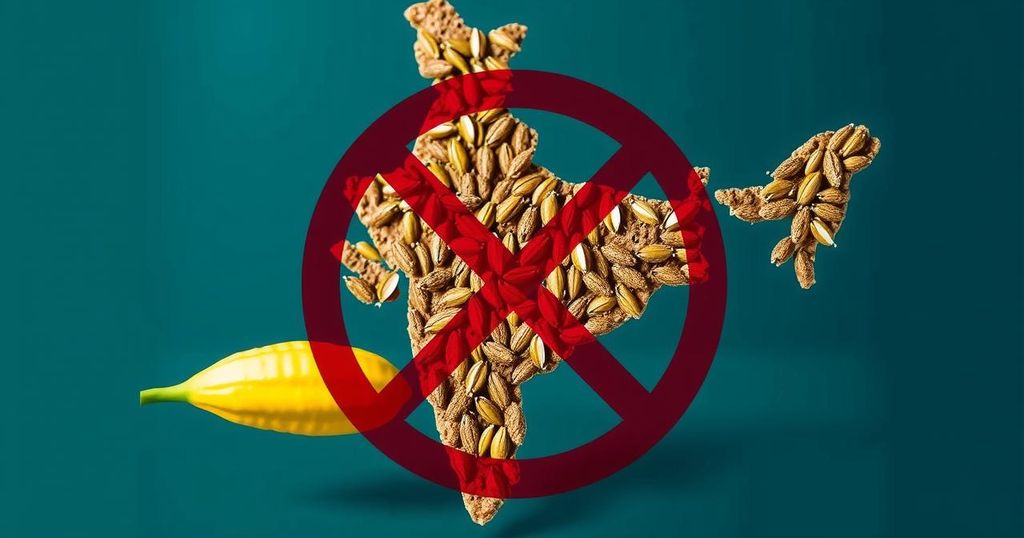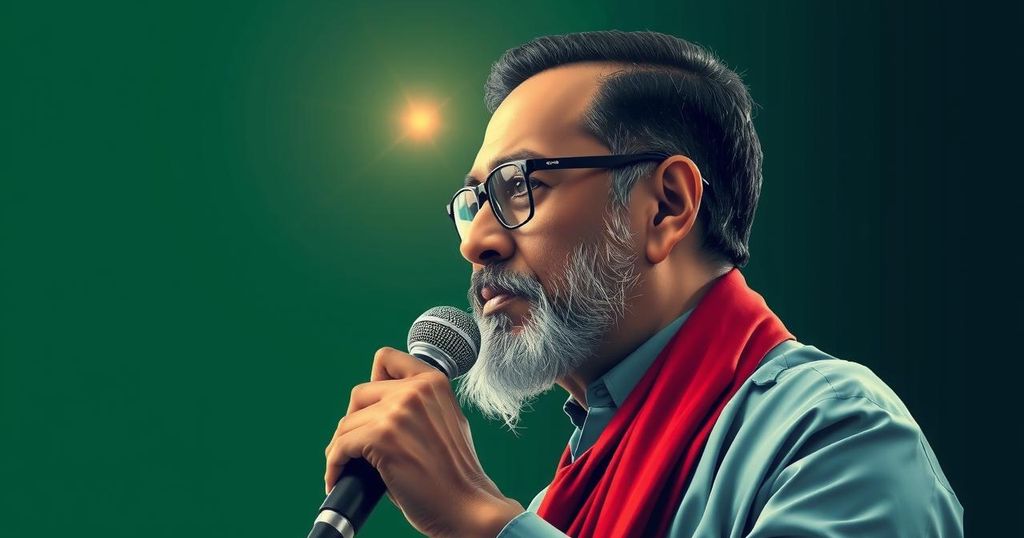Survey Reveals Bleak Prospects for India-Pakistan Relations; Bangladeshis Show Optimism
A recent survey conducted by the Centre for Policy Research (CPR) in collaboration with C Voter reveals a disheartening outlook regarding the potential for improved relations between India and Pakistan over the next decade. The survey, which included responses from approximately 100,000 individuals across India, Pakistan, and Bangladesh, highlights that over 60% of Indian respondents and more than half of Pakistani respondents do not foresee the establishment of friendly relations between the two nations within this timeframe. This reflects the significant decline in diplomatic interaction since 2016, when high-level discussions ceased altogether.
Historically, public sentiment towards reconciliation has been more optimistic, as evidenced by earlier surveys in 2011 and 2013. The 2011 ‘Aman ki Asha’ survey suggested that two-thirds of participants from both countries believed that peace was achievable within their lifetimes. However, the current survey, executed in 2022 and titled ‘South Asia in a Changing World: What Citizens in India, Pakistan, and Bangladesh Think 75 Years Post-Partition,’ indicates a stark contrast in perception among the populations today.
Rahul Verma from CPR, who co-authored the report, elucidates that the findings reveal an acceptance of contradictions among South Asians. While there is lingering nostalgia for the Partition, there is a pervasive belief that India and Pakistan are unlikely to enjoy friendly relations.
The survey further notes that a smaller percentage of respondents favor a reversion to pre-Partition conditions; specifically, 48% of Indians, as compared to 31% of Pakistanis and 32% of Bangladeshis expressed such sentiments. Moreover, while 62% of Indians believe that amicable ties are improbable in the near future, only 28% remain optimistic about that possibility. In contrast, 52% of Pakistani respondents regard friendly relations as unlikely, although a noteworthy 38% still entertain some hope. Notably, individuals in Bangladesh are more positive about the potential for improved relations; 45% of them perceive good relations as likely.
The survey results coincide with statements made by India’s External Affairs Minister, S. Jaishankar, indicating a bleak outlook for dialogue between India and Pakistan. He voiced the sentiment that the era of sustained dialogue may have concluded, underscoring that actions yield consequences. In his remarks at the launch of a book focusing on India’s foreign policy, he pointed out the irreversibility of Article 370 concerning Jammu and Kashmir and questioned the feasibility of a constructive relationship with Pakistan.
In examining the influence of global powers within the region, the survey found that Indians predominantly believe their nation holds the greatest influence in South Asia, whereas both Pakistanis and Bangladeshis perceive China as the dominant force, followed by the United States. Furthermore, trust in Russia appeared to surpass trust in the United States among respondents in both India and Pakistan, whereas an overwhelming majority of Pakistani respondents expressed trust in China.
Amidst these political tensions, the survey also collected opinions on various socio-economic issues. Despite current challenges, a majority of respondents indicated optimism regarding their nations’ economic futures. The data also revealed an inclination towards strong leadership, alongside concerns about rising religious sentiments and the status of minorities in each country. Remarkably, Bangladeshis exhibited a lesser degree of concern about corruption and poverty compared to their Indian and Pakistani counterparts, who identified these as significant issues.
In summary, the survey underscores a prevailing skepticism regarding the possibility of improved India-Pakistan relations, as public sentiment has shifted significantly since previous assessments. It reflects a complex landscape of perceptions toward politics, economy, and international influences in South Asia today.








Post Comment